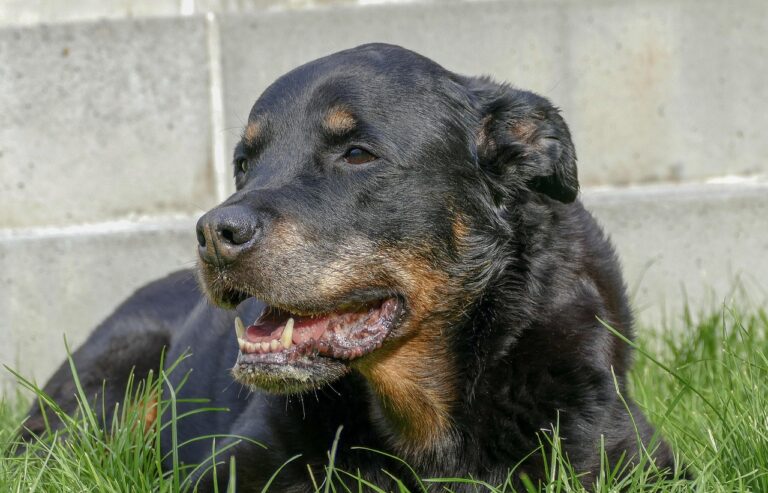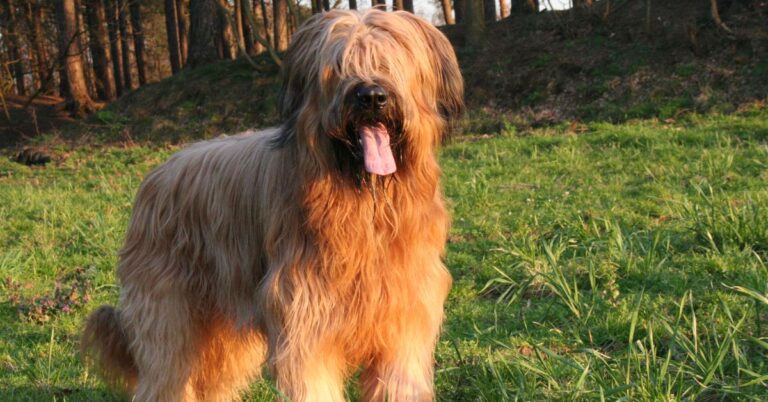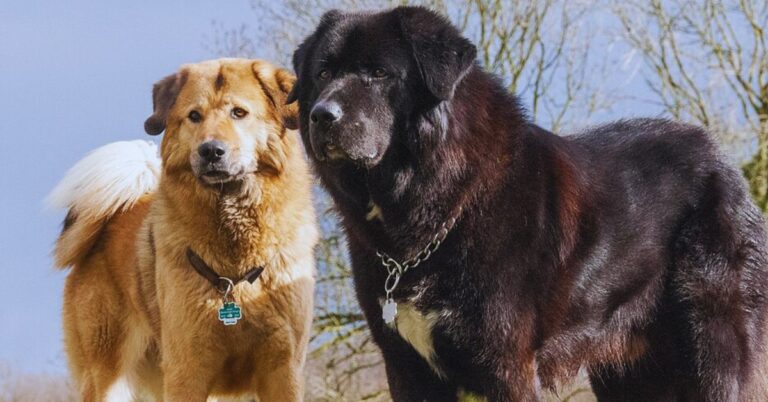15 Dog Breeds that Can’t Thrive in Multi-Pet Homes

While many dogs can coexist peacefully with other pets, certain breeds require extra care. With their solid instincts and prey drives, some dogs may pose risks to small-breed pets if left unsupervised. Here are 15 dog breeds that should never be left alone with other pets.
Australian Shepherd
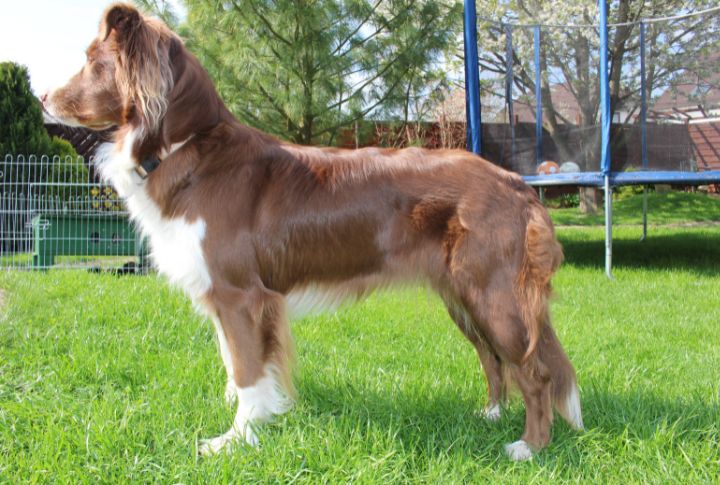
First up, the energetic Australian Shepherd. These intelligent pups are known for their herding instincts, which can kick in when they see smaller animals. They are affectionate and loyal, but their high energy levels and need for stimulation can result in anxiety and destructive behavior if left alone with other pets.
American Pit Bull Terrier
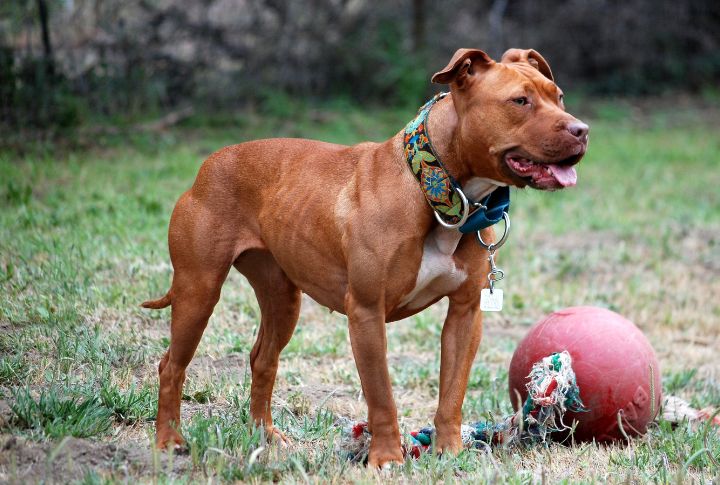
While often misunderstood due to their assertive demeanor, these dogs are actually loving and loyal companions. However, their protective instincts can result in territorial behavior, which may lead to aggression if they feel threatened. It’s important to supervise them around smaller pets and invest in proper training to manage their temperament effectively.
Rottweiler
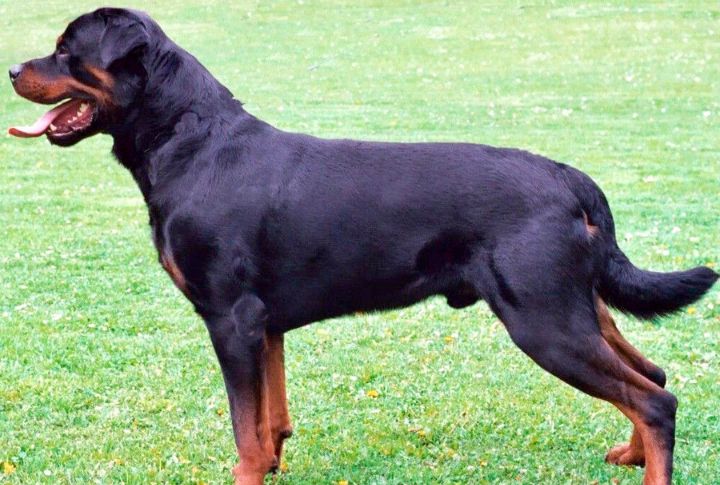
With a dominant nature and strong sense of hierarchy, Rottweilers often assert themselves as the alpha in multi-pet households. They’re not inherently aggressive, but this behavior can create tension, especially with other dominant pets. Smaller animals may be at risk, as they may be unable to defend themselves against a Rottweiler’s size and strength.
Fox Terrier
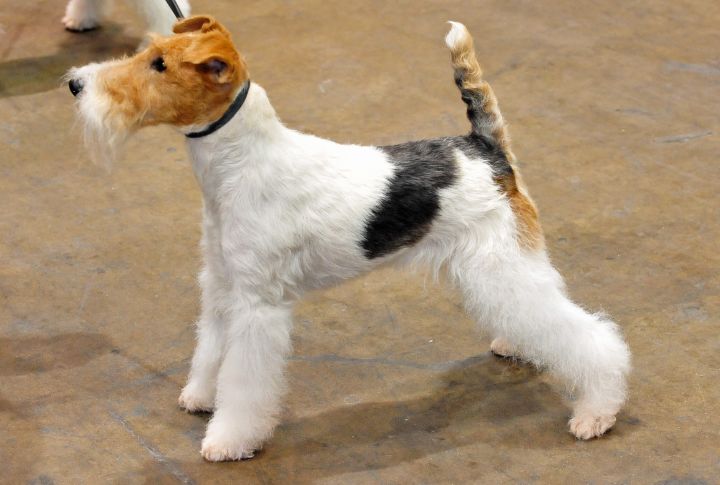
Energetic and intelligent, these dogs have a vigorous hunting desire, which may cause them to prey on smaller animals, posing a potential threat to other pets. Their boundless energy can result in destructive behavior if left alone. Hence, close monitoring is essential to manage them in various pet environments.
Jack Russell Terrier
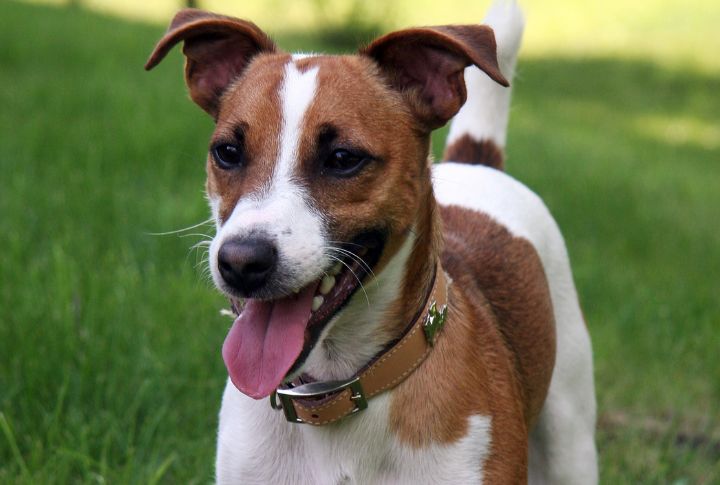
The small but mighty Jack Russell Terrier possesses a natural drive for pursuit, which often leads to aggression toward smaller creatures. To keep them happy and healthy, it’s essential to provide plenty of exercise and mental stimulation. Without adequate outlets for their energy, these spirited dogs can become restless and develop unwanted behaviors.
Greyhound
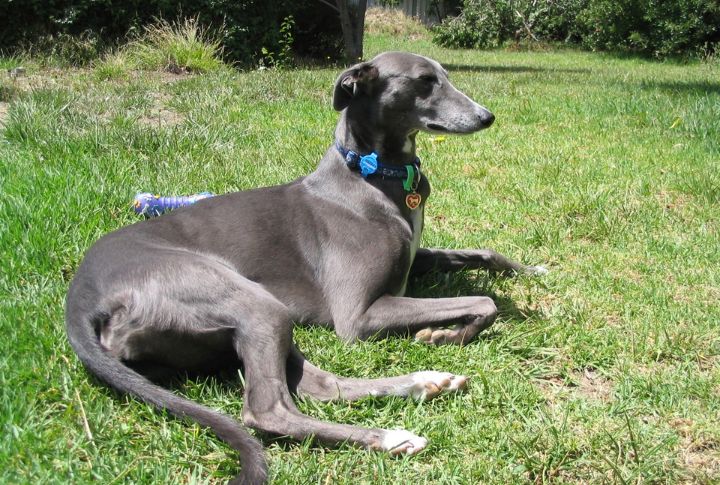
Renowned for their speed and graceful nature, these elegant dogs are also quite sensitive, and careful consideration is needed to ensure a harmonious living environment. Their strong prey drive often elicits their instinct to chase smaller companions, making them less compatible with households with other pets.
Dachshund
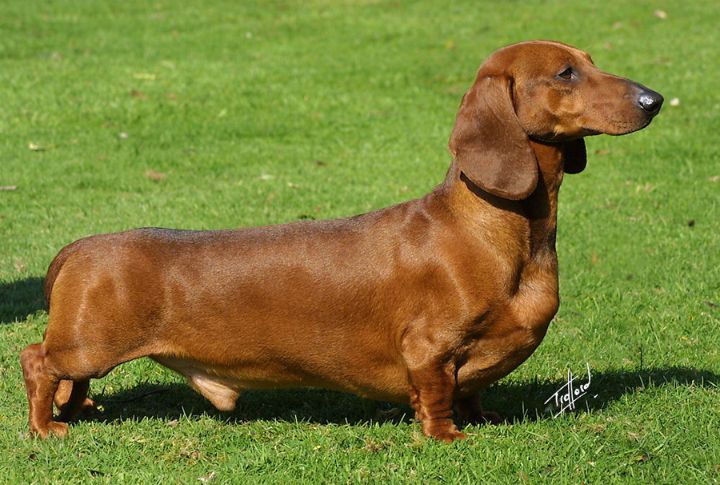
These spirited companions bring joy to their owners, despite their hunting instincts that may lead them to chase after other pets. Dachshunds are pint-sized pups, with their long bodies and short legs, and may look adorable but can also be quite a handful! However, they’re loyal, spirited companions that bring joy to their owners.
Bullmastiff
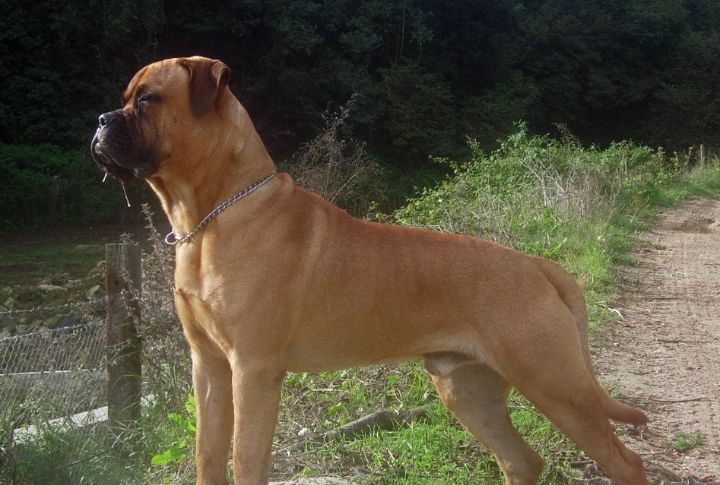
This powerful breed is well-regarded for its protective instincts and strength. However, its dominant temperament and strong hunting drive can lead to unintended aggression toward smaller animals. Supervision is essential in multi-pet households to ensure safety and harmony among all pets, preventing potential conflicts or harm.
Doberman Pinschers
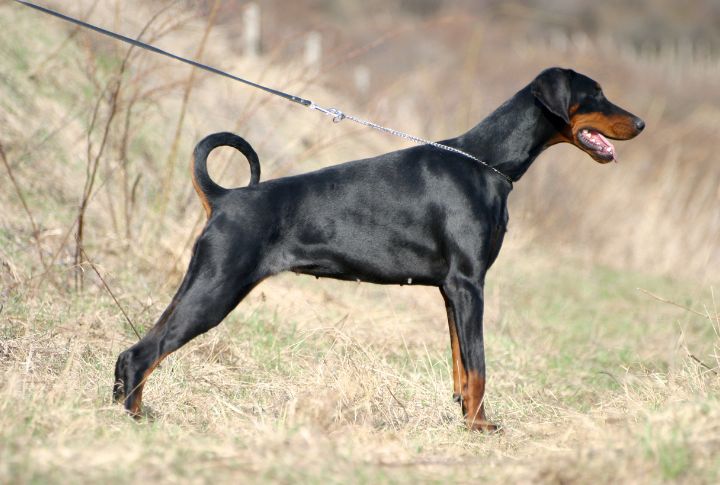
These sleek, mighty pups are proper protectors, but their fierce loyalty and intense hunting instinct mean they’re best kept separate from miniature pets. Dobies need early training and socialization to learn to coexist peacefully. Leaving them unsupervised with other animals is a recipe for trouble—these guard dogs don’t share their turf!
Akita
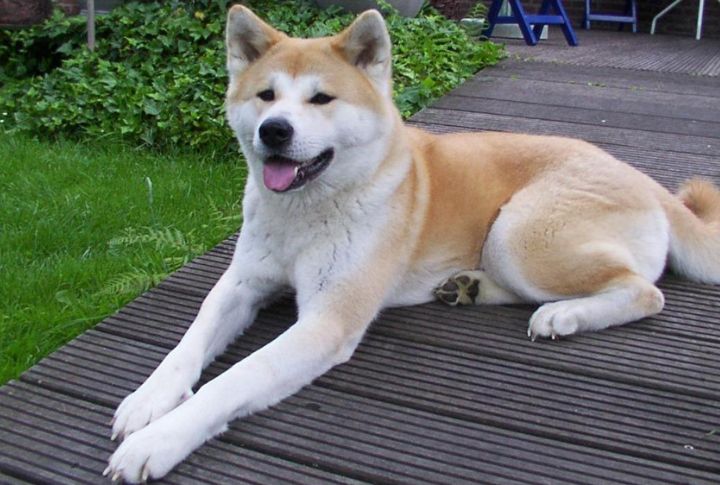
With their noble stature and fierce loyalty, Akitas are captivating. However, their fierce territorial and chase instincts make them ill-suited for unsupervised play with smaller pets. In short, they can be loving and protective, but supervision is essential to ensure harmony in homes with multiple animals.
Siberian Husky
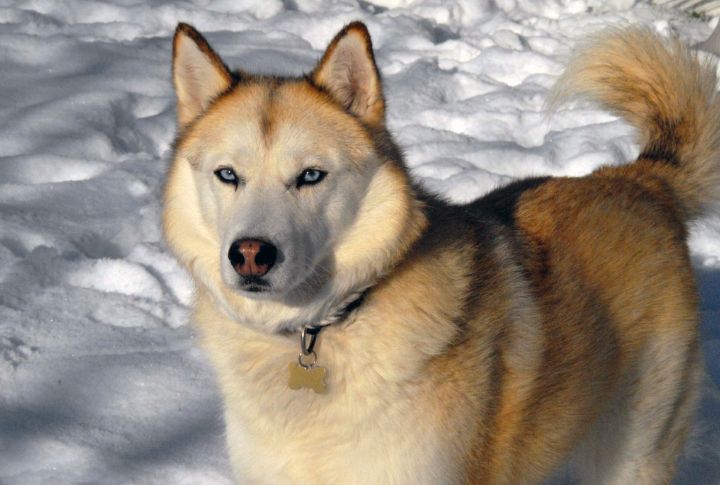
Energetic and playful, this breed is a favorite among dog lovers, but its high chasing instinct can pose problems with smaller pets. Siberian Huskies, known for their hunting instincts, may chase or harm smaller animals like cats or rabbits. Constant supervision is critical to ensuring peace in a multi-pet home.
Alaskan Malamute
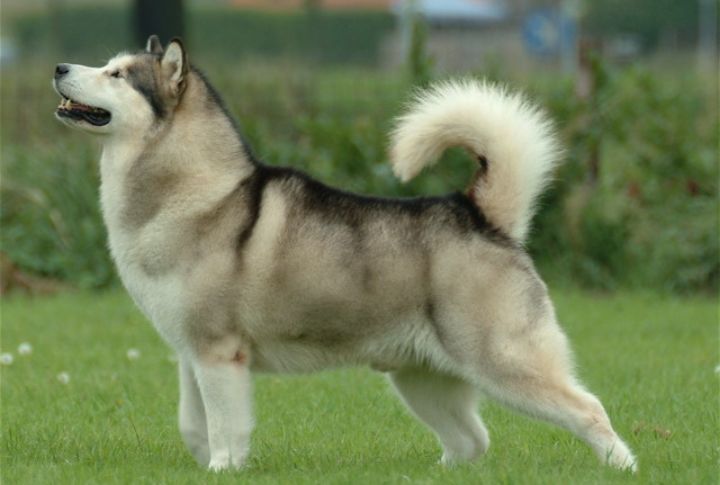
As working dogs, Malamutes retain strong hunting instincts from their ancestors. They are hardwired to stalk, chase, grab, and potentially kill small animals that run. Even a well-trained Malamute may revert to these innate behaviors if a miniature companion triggers their vigorous hunting drive by running erratically.
Weimaraner
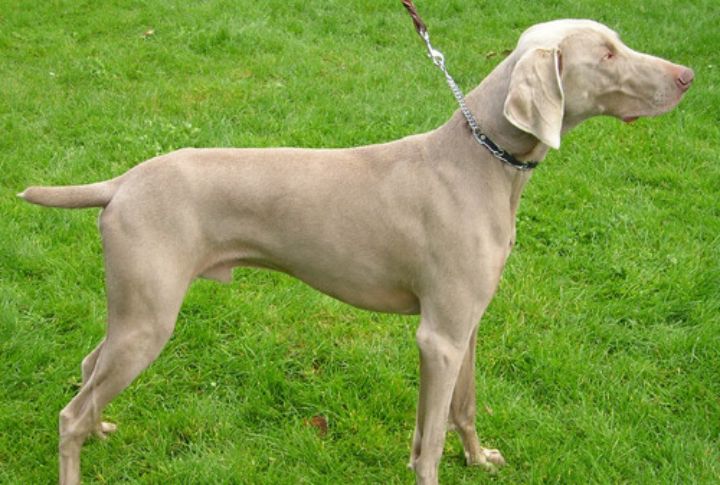
Who can resist the charm of a Weimaraner? With their soulful eyes and sleek silver coats, they are indeed a masterpiece. However, don’t be deceived by their good looks; this high-energy hunting breed possesses strong chasing tendencies, which makes them a potential threat to smaller pets in the household.
Pit Bull Terrier
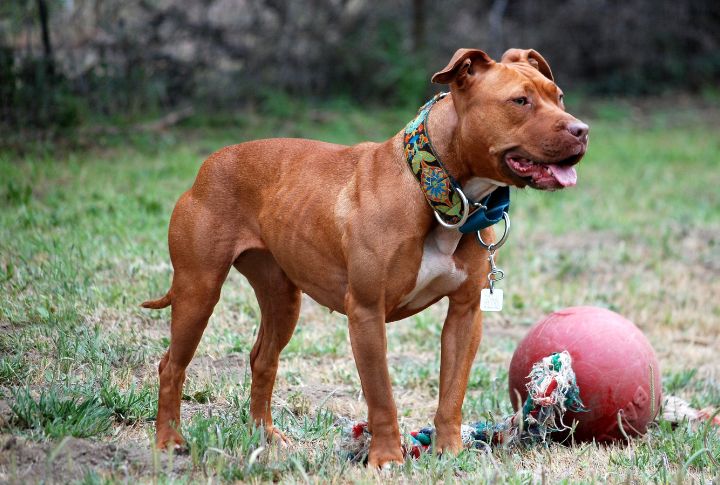
The loyalty of Pit Bulls cannot hide their high chase motivation and high energy levels. Proper training and supervision are musts to keep smaller pets safe around these muscular pups. While socialization from an early age is beneficial, they should never be left unsupervised with other animals due to their size and instincts.
Belgian Malinois
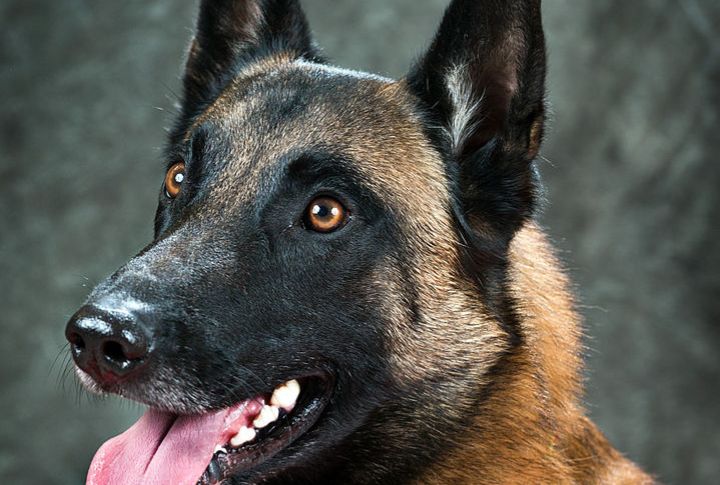
With sharp intelligence and a sleek build, this breed is a true athlete. Often employed in military and police roles, they thrive on challenges. Their fierce loyalty comes with protective instincts that may cause them to see smaller animals as prey, so supervision is essential in multi-pet households.


